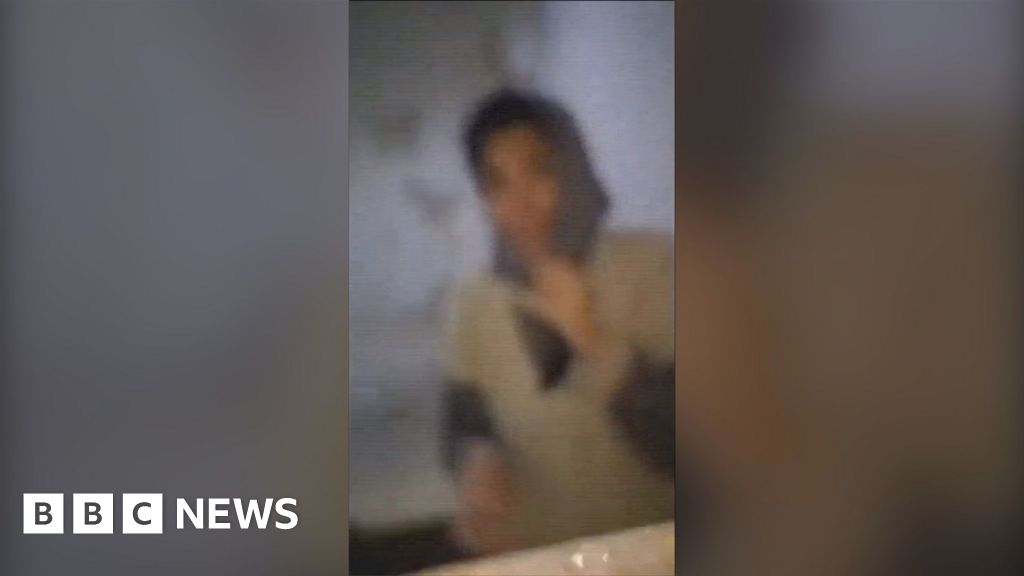Mahama served his first four-year term as president after winning in 2012, but lost his re-election bid in 2016 as Nana Akufo-Addo rose to power with Bawumia as his running-mate.
Dr Yakubu said Mahama contested the 2016 election on his track record in building roads, schools and hospitals but voters rejected him, as their mantra then was: “We don’t eat infrastructure.”
But, she said, during the Covid pandemic voters came to appreciate the infrastructure his government had built, especially hospitals.
This – along with the fact that the economy had plunged into a deep crisis under the current government, forcing it to seek a $3bn (£2.4bn) bailout from the International Monetary Fund (IMF) – led to Mahama being re-elected, Dr Yakubu added.
She told the BBC that Mahama would now be expected to fulfil his campaign promise to create jobs in order to bring down the unemployment rate of almost 15%, and to ease the cost-of-living crisis by scrapping some taxes – or what Ghanaians call “nuisance taxes”.
Mahama has promised to make Ghana a “24-hour economy” through the creation of night-time jobs in both the public and private sectors. He said he would give businesses tax incentives to stay open at night and reduce electricity prices for them.
But his critics have doubts, pointing out that Ghana plunged into its worst electricity crisis during his first term and the power cuts were so bad that Mahama joked at the time that he was known as “Mr Dumsor” – “dum” means “off” and “sor” means “on” in the local Twi language.
He has also promised to abolish several taxes – including the much-criticised electronic levy on mobile transactions and the one on the carbon emissions produced by petrol or diesel-powered vehicles.
Prof Bokpin said he doubted the Mahama administration would be able to fulfil its promises.
“They have not done the cost benefit analysis. There’s no budgetary space to translate those promises into actuals,” he said.
But Mahama is confident he will prove his critics wrong, saying he intends to renegotiate the conditions of the IMF loan so money is freed up for “social intervention programmes” in a country where 7.3 million people lived in poverty.
In an interview ahead of the election, Mahama told the BBC the IMF wanted “a certain balance” in government finances.
“And so if you’re able to cut expenditure, and you’re able to increase revenue and increase non-tax revenue coming in, you’ll be able to create a balance,” he said.





